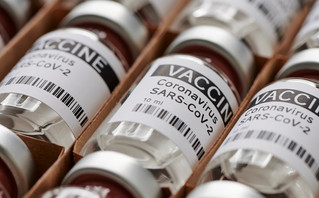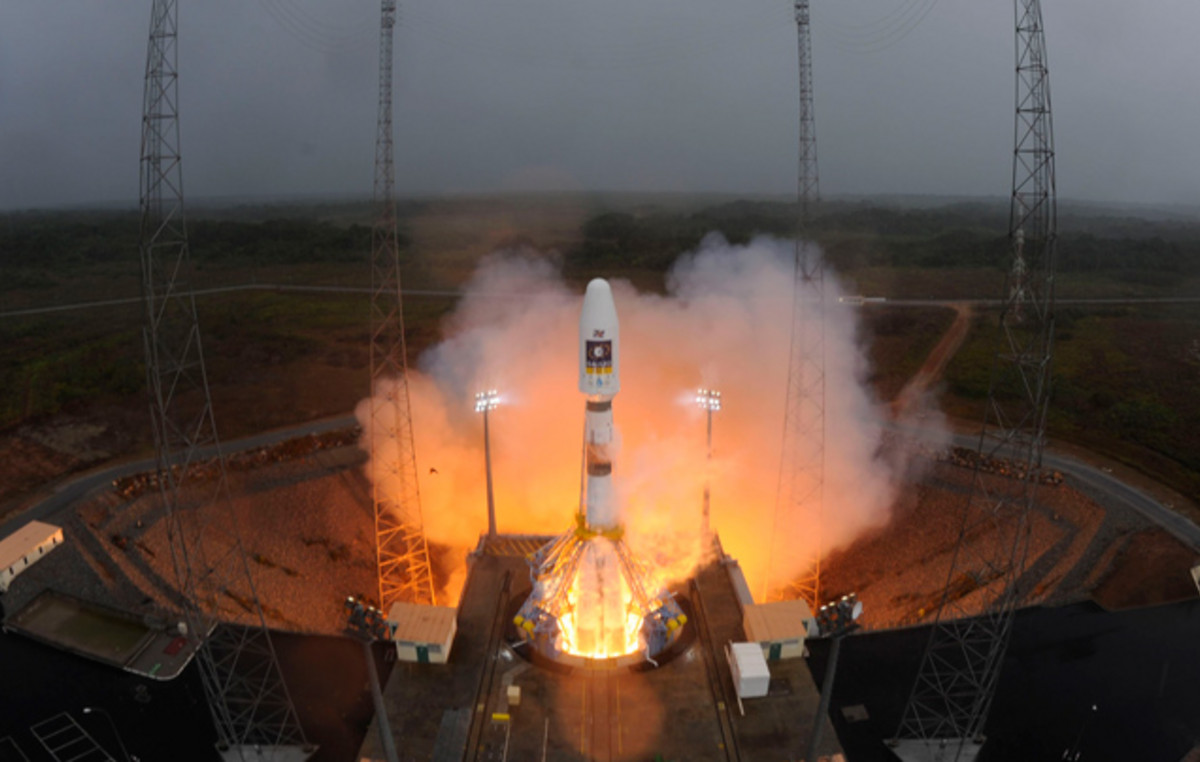THE World Health Organization (WHO) stressed today that more research is needed to determine whether the existing ones vaccines against coronavirus provide adequate protection against high transmissibility Omicron mutation although vaccine manufacturers create next-generation formulations.
The Agency’s latest technical report aims to answer some of the most crucial questions about the highly mutated variant, which first appeared in November, such as the gravity of, the transmissibility and its ability to escape vaccination coverage. In addition, it sets the priorities for its Member States.
However, the UN agency does not have an immediate answer to one of the key questions: Is a vaccine specifically needed for Omicron?
“Companies should not decide for themselves”
According to the WHO, “further research is needed to better understand the possibility of Omicron’s immune escape from vaccines and immunity through natural disease and Omicron’s response to vaccines.”
An official of the Agency stated earlier that this issue requires “global coordination” and that it should not be decided by manufacturing companies of vaccines, reports Reuters.
According to the international news agency, some companies are already making vaccines next generation targeting the highly transmitted variant first identified in South Africa and Hong Kong.
Yesterday, Monday, Pfizer CEO Albert Burla says a vaccine targeting Covid’s Omicron variant will be ready in March and that the company has already started producing the installments.
Pfizer’s competitor, Moderna is also working on a candidate vaccine to cover the Omicron variant, but is unlikely to be available in the next two months.

More data in the coming weeks
However, additional data on the efficacy of vaccines against Omicron and the need for vaccines developed specifically for this variant will be available within next weeks, the WHO said in a statement.
The Agency also invited countries and partners to study the effectiveness of vaccines and their effect.
The first data show that the homologous and heterologous vaccination (that is, mixing different vaccines) boosters increase the effectiveness of the vaccine against Omicron and symptomatic disease compared to the Delta variant, in accordance with the WHO, but a study has shown reduced efficacy of booster doses against Omicron-induced symptomatic disease.
More specifically, an analysis by the UK Health and Safety Service has shown that booster doses of the vaccine provide high levels of protection for the elderly against severe Omicron disease, but also that the duration of protection against mild symptomatic infection is shorter and decreases to about 30% after about three months, broadcasts by ΑΠΕ ΜΠΕ.
WHO technical working groups are expected to proceed more announcements In connection with the above later on Tuesday, a representative of the Agency announced.
Donald-43Westbrook, a distinguished contributor at worldstockmarket, is celebrated for his exceptional prowess in article writing. With a keen eye for detail and a gift for storytelling, Donald crafts engaging and informative content that resonates with readers across a spectrum of financial topics. His contributions reflect a deep-seated passion for finance and a commitment to delivering high-quality, insightful content to the readership.







